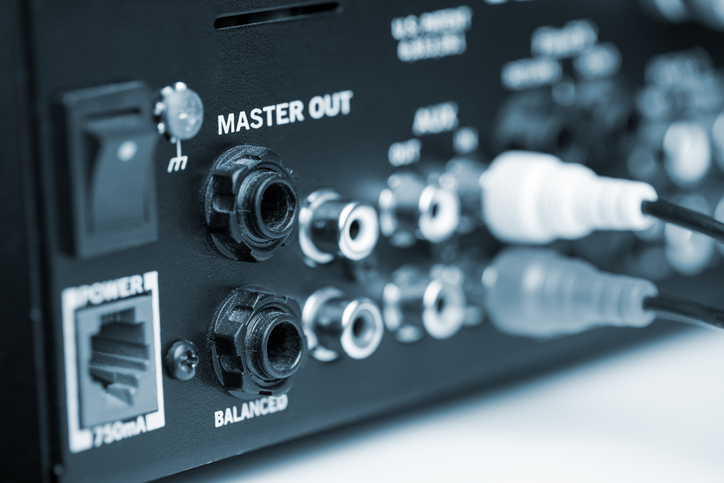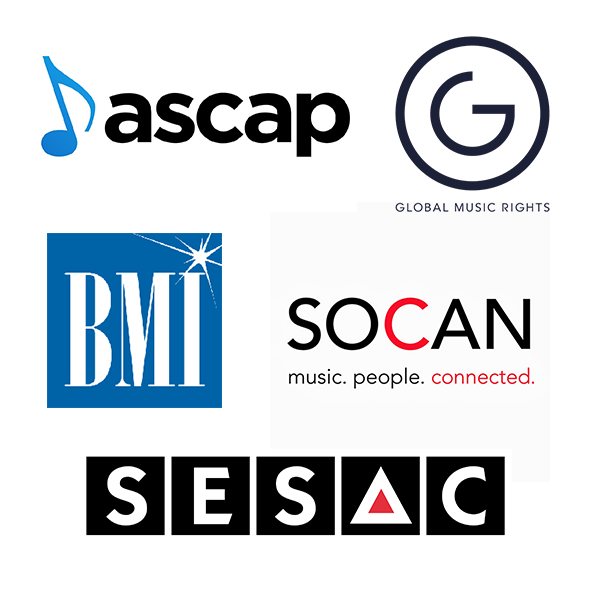Music Licensing: We Know What You Need To Know
Did you hear about the restaurant that received a letter demanding thousands of dollars for playing three songs? It's true. The business owner sourced his own music and neglected to pay proper licensing.
Why do businesses need to pay performance rights for music played in their space? First, you need to know that playing music in a place where people gather is considered a public performance. When you purchase an audio .mp3 or CD, you are buying for personal use only.
When you use Brandi Music, you're covered by the license agreements Brandi has with the performance rights organizations. We report and pay fees on your behalf!
Streaming services are not licensed for public use. To quote the agreement you made with Pandora when you signed up for that personal account, "...for your own personal, non-commercial purposes...".
Spotify says, "Spotify is for personal entertainment only and not for commercial use. This means it can’t be played in public places such as bars, restaurants, stores, schools, etc.".
Can I Pay My Own Licenses to ASCAP For Business Music?
Yes, you can directly pay a performance rights organization (PRO)for music licensing, however, there are four music licensing organizations in the USA: ASCAP, BMI, GMR and SESAC. You will need a separate agreement with each of these PROs. It's possible to register with just one of these, however many songs have mutliple PRO coverage (publisher/composer). Sorting all this out would be a full time job. Also, you will need to file reports with each organization as well. Why not use a professional licensed business music service to save time and money? That's why we created Brandi Music.
Can a Business Really Get Fined For Playing Music Without A License?
"Oh, it'll close a business," said copyright attorney Rick Matthews in WRAL-TV news interview. He was talking about that restaurant that refused to pay the licenses. The PROs have sued dozens of restaurants and bars, and actually have undercover investigators making visits to establishments throughout the USA.
Damages range from $750 per violation (per song played without a license)up to $150,000, as reported by Lindsay LaVine in Entrepreneur Magazine. East Coast Foods, Inc. was ordered to pay nearly $200,000 in damages and attorney's fees after an investigator hired by a performing rights organization caught the store playing music without a license.


